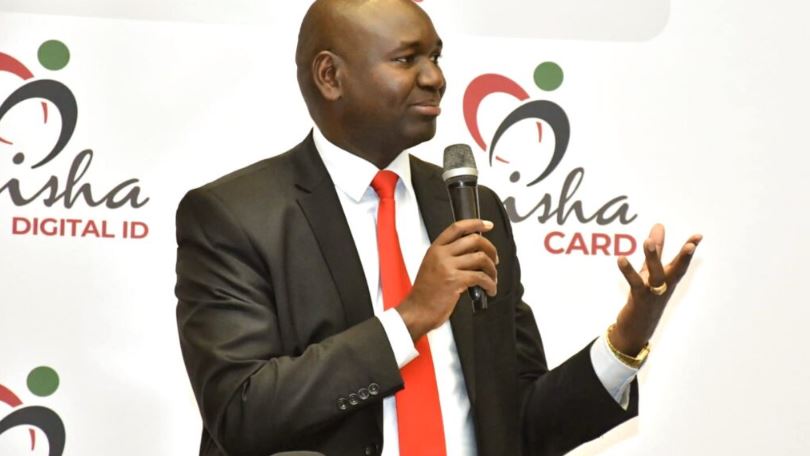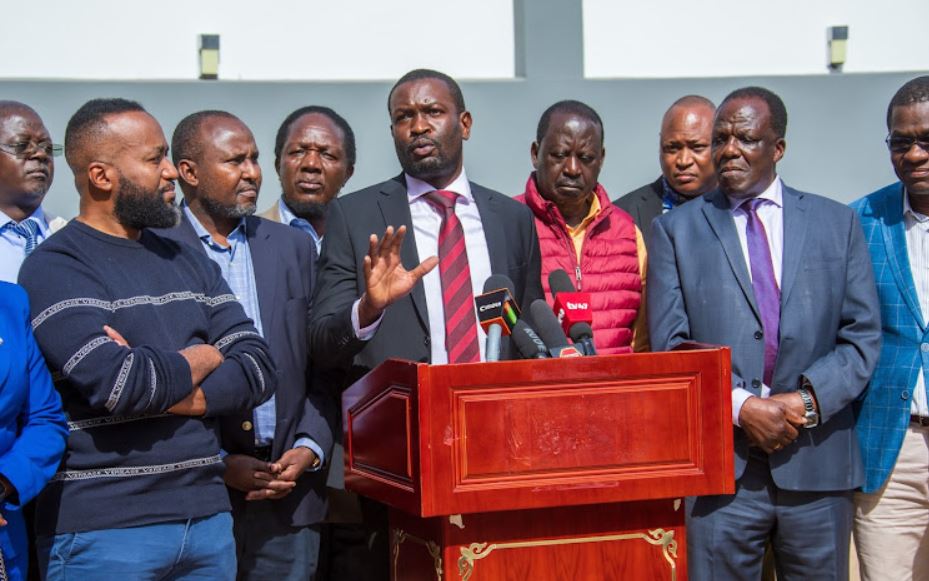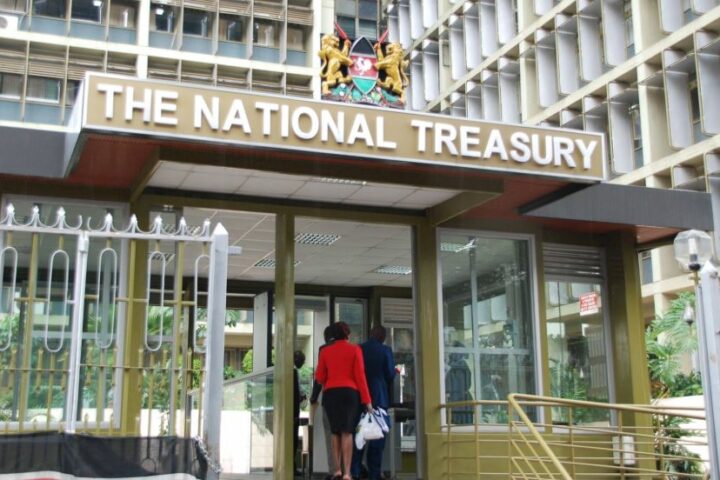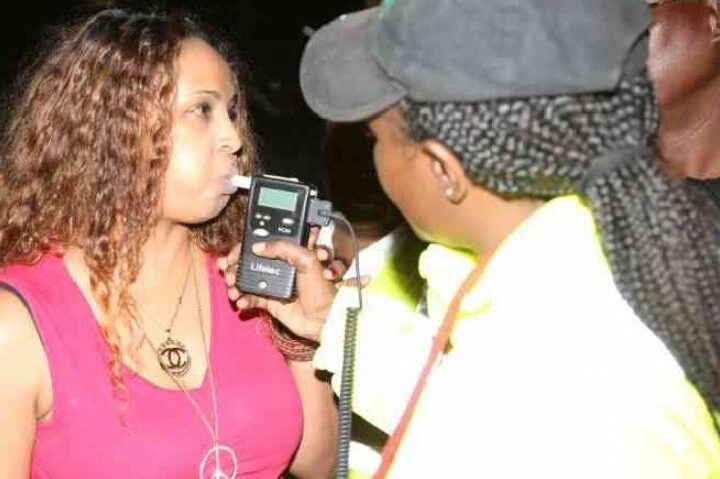 The High Court has suspended the rollout of the new digital identity cards, commonly known as Maisha Namba, pending the resolution of a case filed by the Haki na Sheria Initiative.
The High Court has suspended the rollout of the new digital identity cards, commonly known as Maisha Namba, pending the resolution of a case filed by the Haki na Sheria Initiative.
Justice Lawrence Mugambi issued the order, stating that it would be challenging to remedy the damage if the court later ruled the process unconstitutional.
“The court is satisfied that based on the latest disclosure, an order suspending any further or continued implementation of Maisha Namba, Maisha card, and Maisha Database pending hearing and determination of this application ought to be issued,” the judge said.
Haki na Sheria Initiative told the court about a July 22 circular confirming the start of mass data collection, processing, and storage for the Maisha Namba and enrollment into the Maisha Database, also known as the Maisha Namba ecosystem.
Three Ways to Enroll in Maisha Ecosystem
According to the documents, there are three ways to enroll in the Maisha ecosystem: issuing Maisha cards to newborns at birth, to first-time ID applicants who have turned 18, and to adults with second-generation IDs who apply for a replacement upon loss.
The petitioner has challenged the entire Maisha ecosystem rollout due to concerns about potential mass data breaches and the permanent exclusion of certain groups. The court heard that the Maisha ecosystem lacks adequate safeguards for processing personal data.
“There is a great risk of prejudice being caused to members of the public and their right to privacy by the disclosure of certain types of personal information in the absence of proposals on how the data will be protected,” the documents state.
Exclusion Fears
Haki na Sheria argues that the rollout will exacerbate the already significant exclusion margin on citizenship in Kenya. They point out that children from minority and marginalized communities often face difficulties obtaining citizenship documents, such as birth certificates, due to challenges in accessing registration centers or the prolonged vetting process of their parents and grandparents for first and second-generation IDs. They also highlight that this problem affects individuals with double registration.
“If the state is allowed to proceed with this process, there is going to be a countless number of people who will be left in a state of limbo. They will not be able to go back and obtain Maisha card at birth nor be able to replace the same as adults for lack of the second-generation ID,” Haki says.
They claim this will impact other constitutional rights, such as access to government services, education, and healthcare.
Justice Mugambi directed the petitioner to serve the respondents with the application by July 26. The respondents include the Attorney General, CS Interior, Director General of Kenya Citizens and Foreign Nationals Management Service, Principal Registrar of Births and Deaths, and Principal Registrar of Persons.
Further directions will be issued on September 17.








